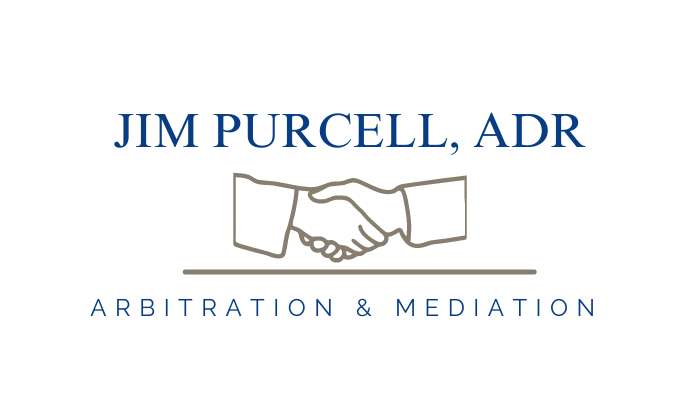 Crises are popping up in healthcare facilities around the country, and involved individuals are seeking alternative ways to resolve their disputes. One such way is mediation, which allows a neutral third party to guide conversation between disputing parties. Knowing some of the “dos” and “don’ts” in healthcare mediation is helpful for making the most of any healthcare dispute situation.
Crises are popping up in healthcare facilities around the country, and involved individuals are seeking alternative ways to resolve their disputes. One such way is mediation, which allows a neutral third party to guide conversation between disputing parties. Knowing some of the “dos” and “don’ts” in healthcare mediation is helpful for making the most of any healthcare dispute situation.
Perception- Beware of It
When you hear one side of the story, it’s often difficult to tease out how much is perception and how much is fact. It’s possible that one party hasn’t described the problem accurately, especially in cases where conflict might extend to many other parties or departments. Do your digging to determine the accuracy of perspective.
Gather Data
In the midst of arguments, one of the best tools that a mediator can have is the ability to gather data. Even if those in healthcare administration cringe at the thought of gathering data, it can be a really useful exercise. The easier you can make this process, the better. Once a few people have contributed their piece in data gathering, word will spread that it’s not as bad as they initially thought and others will feel more comfortable approaching you.
Conduct Conflict Assessments
Figure out the current procedure for handling conflict- it’s very possible that there’s a breakdown in the system that doesn’t allow for conflict to be managed properly. In many conflicts, and especially those involved in healthcare, the gut reaction is to avoid problems or engage in power plays. When you can spot the challenges in the current system and provide some ideas about how to improve the situation, you’re more likely to be taken seriously as a mediator and to have future conflicts avoided.
Don’t Regurgitate In A Report
It’s tempting to write up what you have recovered in a dispute and present it in a report. While gathering information can be helpful for your own understanding, you don’t need to give the organization a long report with recommendations you have generated. Consultants provide this service, but it’s not necessarily valuable for your position as a mediator. Hospitals already struggle quite a bit to identify sources of conflict and the role their current system can play in spreading that conflict- giving them too many recommendations is just overwhelming and will also color staff opinion on the purpose of mediation.

